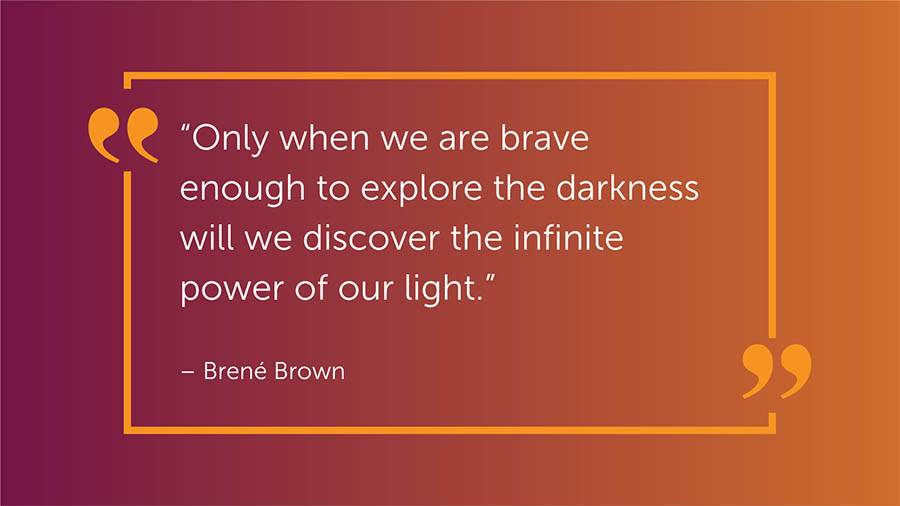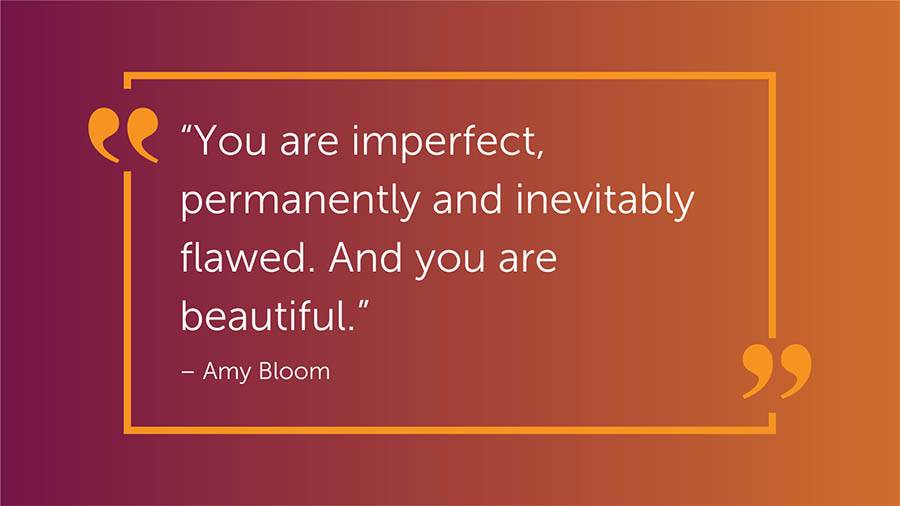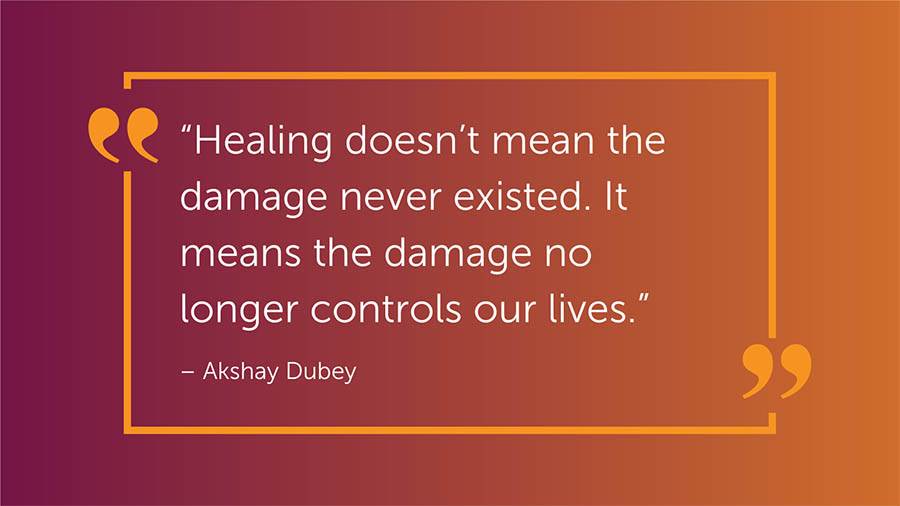
We all have a part of ourselves that we keep tucked away, like a box hidden in the back of a closet, but these parts of ourselves may not only be hidden from others; they may also be hidden from ourselves! We might not even be aware of these aspects of our personality but still shape our actions, reactions, and thoughts. Welcome to shadow work—a healing practice rooted in Jungian psychology that brings these hidden parts into the light, making us whole!
Shadow work isn’t some mysterious, dark art. It’s actually a profoundly human way to understand and heal. Let’s walk through what it means, how it can benefit you, and how to start your own journey.
What is Shadow Work?
Shadow work is the process of exploring and integrating the parts of ourselves we often hide or deny. According to Carl Jung, the "shadow" represents the unconscious parts of our personality—the things we don’t want to acknowledge. This could be anything from repressed emotions like anger or sadness to traits society or our upbringing labeled "unacceptable."
Imagine walking around carrying a heavy backpack. The backpack represents all the hidden parts of you that you haven’t dealt with. Over time, the weight starts to wear you down, affecting your mood, relationships, and overall well-being. Shadow work helps you unpack that bag, piece by piece, so you can move forward more freely.
Is Shadow Work Healthy?
Absolutely! When we ignore parts of ourselves, they don’t go away. Instead, they manifest in subtle or not-so-subtle ways—perhaps through unexpected anger, self-sabotage, or difficulty forming deep relationships. Shadow work is about recognizing these patterns, making sense of them, and learning to accept and heal these parts of ourselves. Think about someone who wouldn’t let you love them because they keep pushing you away. Deep down inside, that person may be in need of some shadow work!
The beauty of shadow work is that it leads to self-acceptance and a sense of wholeness. It’s like discovering hidden treasures within yourself. You may unearth difficult emotions, but those emotions unlock a healthier, happier way of being.
What Did Carl Jung Say About Shadow Work?
Carl Jung believed that everyone has a shadow side—a part of us shaped by our unconscious. The shadow contains everything we repress or deny. Jung saw shadow work as essential for personal growth because it allows us to integrate these unconscious aspects of ourselves into our conscious awareness. By doing so, we become more whole, balanced individuals.

Imagine you’re a painter with only half of your colors available because you’ve hidden the rest in a drawer. You’ll still create a painting, but it won’t be as rich or nuanced. Shadow work is like opening that drawer and giving yourself access to all the colors—your full emotional and psychological spectrum.
Is Shadow Work Good or Evil?
Many people wonder if shadow work delves into something dark or dangerous. The answer is a resounding no. Shadow work isn’t about turning toward darkness; it’s about embracing the full spectrum of your humanity.
Think of it this way: If you ignore your anger, it doesn’t disappear—it just shows up in less obvious ways, like resentment or passive aggression. Shadow work helps you understand where that anger comes from and how to handle it in a healthy way.
Is Shadow Work Dangerous?
Shadow work can be challenging, but it’s not dangerous when done mindfully. You may uncover emotions you’ve been avoiding for years, and that can feel overwhelming at first. But remember: the goal isn’t to drown in those feelings. It’s to observe them, understand them, and eventually heal them.
If you find the process too overwhelming, working with a therapist or a trusted advisor can offer valuable support. Like any deep emotional work, it’s important to pace yourself and be kind to yourself along the way.
How Can I Practice Shadow Work?
You don’t need any special tools or mystical skills to begin shadow work. All it requires is a willingness to explore your inner world with honesty and compassion. Here are a few ways to get started:
- Shadow Journaling: Write down moments in your day when you felt uncomfortable, angry, or defensive. Ask yourself why you felt that way. What part of you is being triggered?
- Mindful Moments: Throughout the day, notice your reactions. What irritates or bothers you? These reactions can provide clues about your shadow.
- Triggers as Teachers: When something or someone triggers an emotional response, pause and reflect. What’s beneath the surface of that reaction? Is there a past hurt or belief driving it?
Shadow Work Questions for Healing
To help you dive deeper into your shadow, here are some journaling prompts and questions for meditation. These questions will guide you in uncovering hidden emotions, patterns, and wounds:
- What emotion do I avoid the most, and why?
- What traits in others do I judge harshly, and how do those traits exist within me?
- When was the last time I felt deeply vulnerable? How did I respond to that feeling?
- What am I afraid others might discover about me?
These questions aren’t about self-criticism; they’re about curiosity. Approach them with a spirit of exploration, not judgment.

A Simple Tarot Spread for Shadow Work
For those who are inclined toward metaphysical tools, tarot can be a powerful companion on your shadow work journey. Here’s a simple 3-card spread to help you uncover hidden aspects of yourself:
- Card 1: What is hidden in my shadow?
- This card reveals a trait, emotion, or belief you’re currently unaware of but that’s influencing your life.
- Card 2: How does this shadow impact my life?
- This card shows how your hidden shadow affects your behavior, relationships, or emotional state.
- Card 3: How can I begin healing this part of myself?
- This card offers guidance on how to address, integrate, or heal the aspect of your shadow revealed in the first card. (You may wish to pull two or more cards here).
Is Shadow Work Right for You?
Shadow work isn’t about rushing toward perfection; it’s about slowly uncovering and integrating the parts of yourself you’ve left behind. It’s a journey toward self-acceptance and wholeness.
If the idea of exploring your shadow feels intimidating, that’s normal. But know that you don’t have to go it alone. Shadow work is a deeply personal practice, but working with someone who understands the process can make it more manageable.
The Journey to Wholeness
Shadow work is not a one-time task but a lifelong journey of self-discovery. It’s about seeing yourself fully, nicks, scrapes, scars and all, and loving yourself anyway. When you’re ready to begin unpacking that hidden backpack of emotions, shadow work can be the key to unlocking greater self-awareness, inner peace, personal fulfillment, and relational bliss!

If you’re feeling drawn to begin this journey but need guidance, reach out to a trusted advisor like myself, a certified life coach, and inner child healer. Together, we can navigate the process and help you embrace your whole self with compassion and clarity. Shine bright, Path Forward Family!
Psychic Raina
I descend from a line of gifted women—psychics, healers, and medicine women—shaping my path with intuition and spirit. As a psychology graduate, certified life coach, and writer, I blend spiritual and academic knowledge with compassion and a nonjudgmental attitude. My Wiccan practice honors our connection to animals, Earth, Source, and humankind, with love as the unifying force. I aim to bring healing and empowerment to others through this love and connection.
Learn MoreLatest by Psychic Raina
Share Your Thoughts
Drop a line, share your insight, and keep the convo going! Sign in or create an account to leave a comment on this content and more.



No comments yet. Be the first!